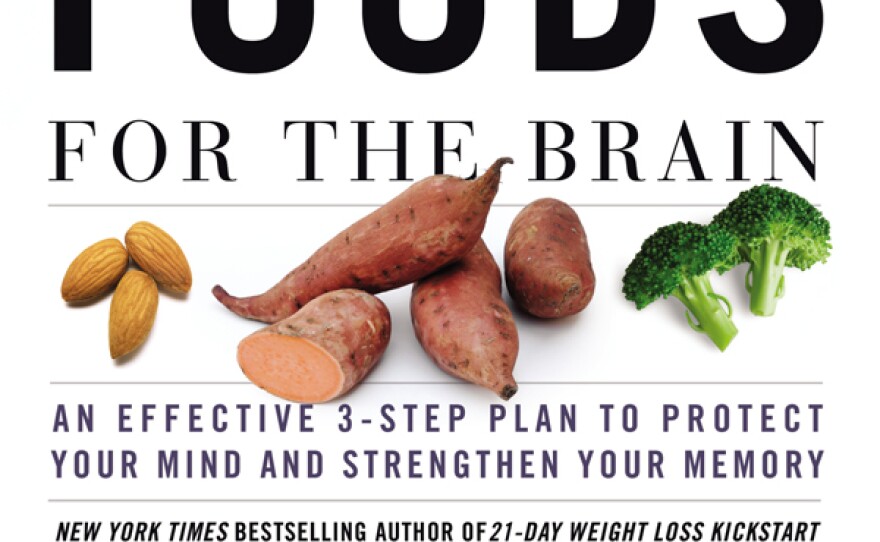This program is part of our TV Membership Campaign. Support quality programming you depend on from KPBS. Join or renew today!
Nothing is more important than health, family and loved ones.
Connections with other people, entire relationships and everything loved ones have ever meant could be wiped out if someone is at risk for memory loss, dementia or Alzheimer’s disease, based on family history and lifestyle.
Alzheimer’s disease attacks half of us by age 85. Five million Americans already have it — and that number is growing rapidly.
But with groundbreaking research, Dr. Neal Barnard proves there is much that can be done to protect against memory loss and offers new ways to offset the risk.
Many have wished that their memory was stronger and their thinking clearer. Some doctors say that memory problems are simply genetic.
There are in fact genes connected to dementia – the principle gene in Alzheimer’s disease is called APOE epsilon 4.
For someone who receives APOE 4 from one parent, the risk for Alzheimer’s is three times higher than for those who don’t have the gene. If they acquire APOE 4 from both parents, their risk is 10-15 times higher.
For some doctors, that’s the end of the story. Just wait and see. There is nothing to be done.
In "Protect Your Memory," Dr. Neal Barnard proves that there is, in fact, much that can be done to protect the brain and memory.
He dives into three simple steps that can be taken to derail the degenerative processes that could in turn derail lives and memories: skip “bad fat,” knock out free radicals and exercise the brain.

Dr. Barnard also warns against potential threats to the brain, including medications, drug interactions, sleep deprivation and physical conditions that can put memory at risk.
While research has led to clear answers about how to prevent lung cancer and reduce heart attacks, most people have absolutely no idea that it is possible to protect their memory, brain and connections with loved ones. Dr. Barnard provides viewers with the research-backed information that gives them the power to protect their memory, beyond simply “waiting and seeing.”
JOIN THE CONVERSATION:
Neal Barnard, M.D. is on Facebook, you can follow @NealDBarnard on Twitter, and explore his blog.





